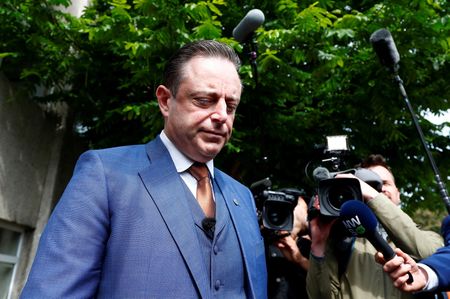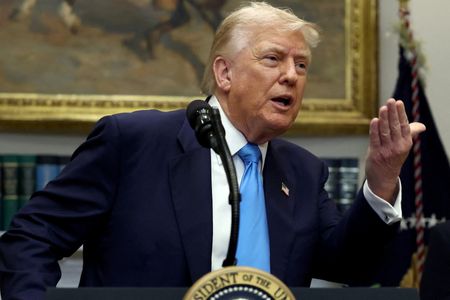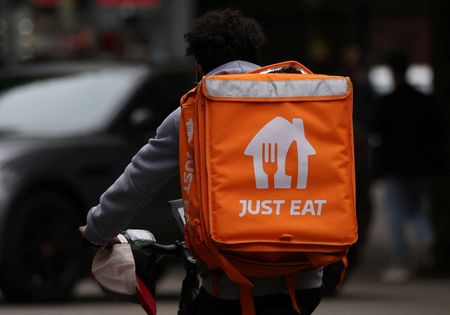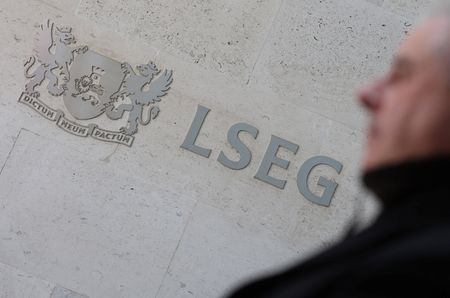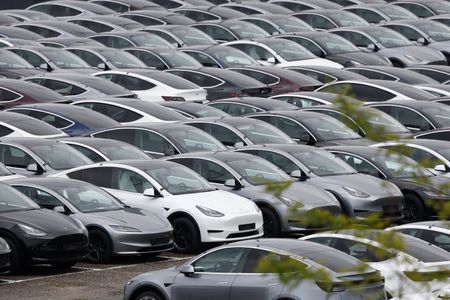By Bart H. Meijer
BRUSSELS (Reuters) -Political parties in Belgium agreed on Friday to form a new government, the office of Belgian King Philippe said, ending almost eight months of complicated talks that followed the election victory of Flemish nationalist party N-VA.
N-VA leader Bart De Wever, 54, is expected to become prime minister and lead a broad five-party coalition, which also includes Christian democrats and socialists from the Dutch-speaking north of the country as well as liberal and centrist parties from the French-speaking south.
Coalition talks dragged on for months as parties struggled to agree on the budget cuts, tax hikes and pension reforms, De Wever insisted on to improve the government finances of the euro zone’s sixth largest economy.
During almost 32 hours of non-stop negotiations that ran into Friday evening, the parties finally managed to agree on these measures and other sticking points.
These included an agreement to increase defence spending in the coming years to the minimum level of 2% of gross domestic product (GDP) agreed among NATO countries, and to limit asylum migration, newspaper De Tijd said, citing sources close to the talks.
De Wever presented the pact on Friday evening to King Philippe, but gave no details to reporters waiting outside the Royal Palace in Brussels.
“The die is cast,” De Wever said in a post on X, adding a picture of him meeting the king at the palace.
“De Wever has informed the king of the government pact agreed among by the parties of the future coalition,” the king’s office said in a statement.
De Wever would now proceed to appoint ministers to his cabinet, it added.
The far-right Vlaams Belang (Flemish Interest) party was excluded from the government talks, even though the anti-immigration party made the largest gains in the June 2024 election and became the country’s second-largest party.
In Belgium, where the federal government is always formed through coalitions, political parties have consistently refused to include Vlaams Belang due to its anti-immigrant and anti-EU stance as well as its aim to split up the country.
(Reporting by Bart Meijer and Charlotte Van Campenhout; Editing by Sandra Maler and Diane Craft)

